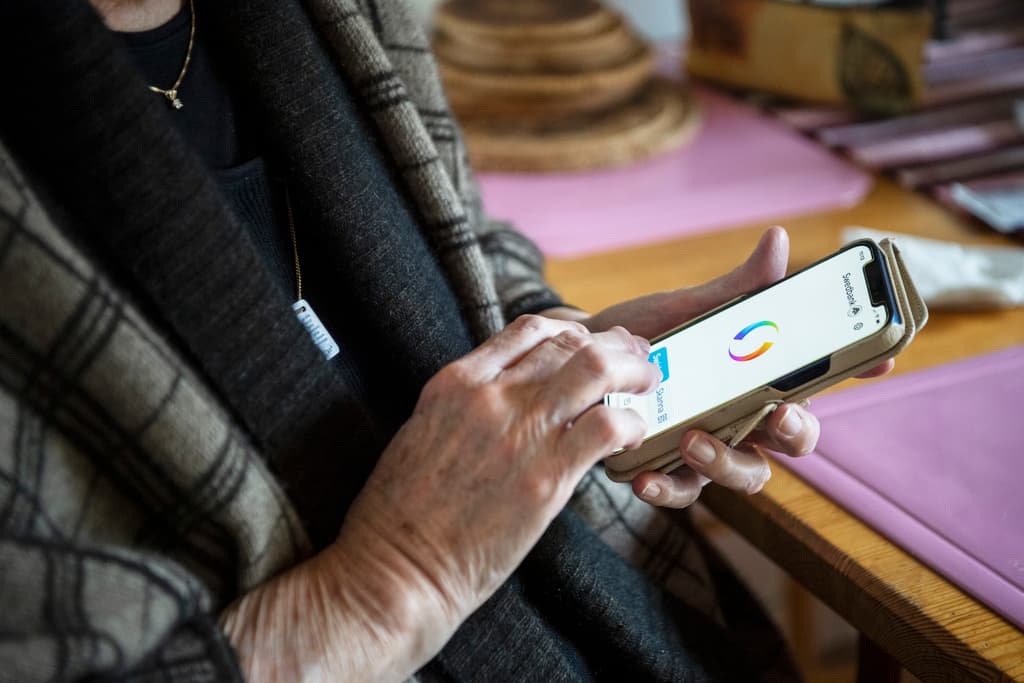Scammers are swindling Swedes for billions. Only this year, Telenor and Telia have blocked 50 million calls from criminals from reaching their targets - equivalent to over three attempts per second.
Operators have a crucial role in stopping this, says Lotta Mauritzson at the police's fraud center.
Last year, 29,000 phone scams were reported to the police, a 36 percent increase from 2022. The criminal gains from the reported crimes amounted to 700 million kronor. This year, the police say that the scams have slowed down.
However, no decrease in appetite for stolen savings is noticeable among the security departments of telecommunications operators - quite the opposite.
According to Telia, the company blocked 30 million calls from criminals from reaching their targets during the first six months of the year. This is compared to 33 million calls during the entire 2023.
Even Telenor notes a record number of blocked calls, 19.5 million so far this year compared to 11.4 million during the entire previous year - although a new measurement method makes it difficult to compare.
New methods
At Telia, spoofing - where numbers are manipulated to make it appear as if it is, for example, a bank calling or sending an SMS - accounts for 11 of the 30 million blocked calls. The rest are so-called Wangiri calls, where criminals ring up from unknown international numbers with the intention of getting the victim to call back at a high cost.
The record number is attributed to a new solution for blocking "spoofed" mobile numbers.
It could be that the telecommunications operators have an impact on the fact that we see that it has slowed down a bit this year, says Lotta Mauritzson at the police's national fraud center.
Regardless of whether you are a victim of a completed phone scam or quickly hang up the call, she advises reporting it to the police.
We need to know what citizens are exposed to, so we need information both about attempts and completed crimes.
The threats are increasing
A common modus operandi among scammers is to put the victim in a stressful situation. This can, for example, involve an unpaid invoice or the need to quickly stop a ongoing scam on your account.
The goal is always to get you to move money or approve transactions. You should never use your bank ID when you're called. If you get a bad feeling in your stomach, which many do, you should just hang up the phone. Then you can call the bank and check, says Lotta Mauritzson.
As the obstacles become more effective, scammers are finding new ways to approach their victims.
We see today that people are starting to use more threats in a different way than they did earlier. So there is a risk that it will become more physical.
Spoofing involves the sender manipulating their foreign number to make it appear as if it is coming from a reliable source - for example, a Swedish bank, company or private individual. In this way, the recipient is lured into answering the call or opening a message.
Scammers then try to use social manipulation to get sensitive information or get you to use bank services such as bank ID.
Wangiri is a method where criminals call from unknown international numbers with a signal to get you to call back, which can result in a high cost.
Tips for avoiding being scammed:
1. Do not call back missed calls from unknown foreign numbers
2. Be cautious with open Wi-Fi networks and what you share when connected
3. Never share sensitive information such as credit card numbers, passwords or bank ID codes
4. Have complex passwords, change them often and activate two-factor verification
5. Protect your mobile and tablet against viruses, Trojan horses, spyware and online thieves
Source: Telia






